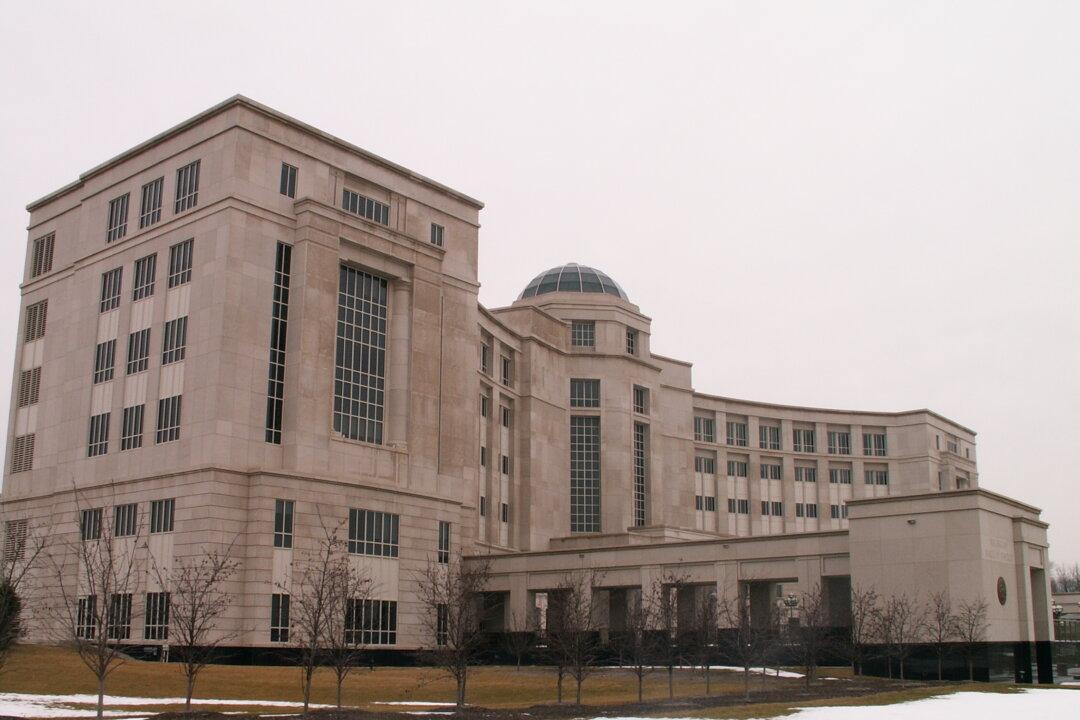Race shouldn’t be a consideration in the judicial process, two conservative Michigan Supreme Court justices indicated as they objected to the court’s creation of a “Diversity, Equity, and Inclusion” commission that will demand judges be loyal to the “woke” left’s race-based ideological agenda.
They were reacting to Administrative Order No. 2022-1, which, on Jan. 5, “effective immediately” formed the commission “with the initial goal of exploring issues related to the demographics of the workforce that support our judiciary and training within the judicial branches.”





